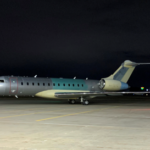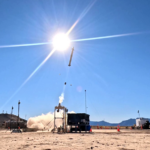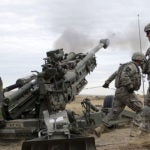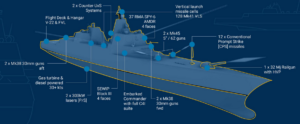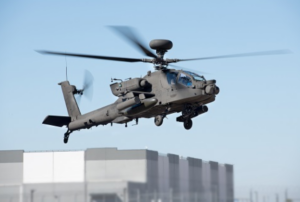
NASHVILLE, Tenn. – As the Army moves on from the AH-64D Apache and looks to operate a fleet of entirely E-models, a Boeing [BA] official said Thursday it’s too “early” to know about a final decision on another multi-year procurement contract for the aircraft. “Ultimately, we want to get to another multi-year contract to be able to support all the international opportunities that are coming into that. It’s probably a little early to say, yeah, that’s a guarantee going to happen…

 By
By 
